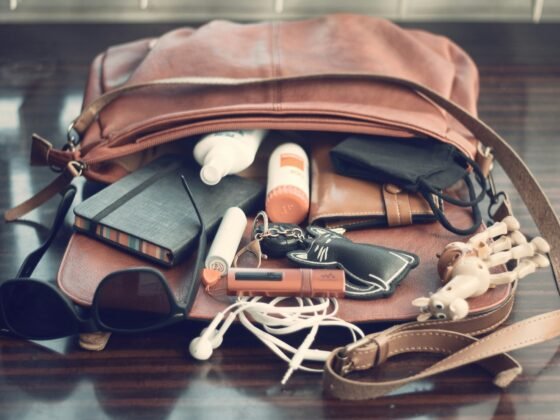Food poisoning is a very common affliction for travelers. In fact, 20-50 percent of international travelers develop food poisoning in its most mild form, often called Traveler’s Diarrhea. Foodborne illness is caused by bacterial contamination, usually due to improper food preparation or storage. While nearly impossible to anticipate, there are ways to significantly reduce your risk of consuming contaminated foods while traveling abroad.
1. Avoid Tap Water
Tap water is one of the leading causes of food-related illness. While travelling, stick to bottled beverages and order drinks without ice. Be careful of fruits and vegetables that may have been washed with unfiltered water. Produce that you have to peel yourself (bananas, avocados, etc.) are typically a safer bet. Also, be sure to rinse your toothbrush with bottled water and close your mouth while showering. Some travelers, especially those going to developing countries, even bring their own silverware to avoid using utensils that have been washed in unfiltered water.
2. Do Your Research
Prior to leaving, be sure to research your destination so you can get an idea of areas to avoid. It is also helpful to stay updated on health news and health advisories regarding bacterial outbreaks. While abroad, be sure to ask the locales and/or the hotel staff for restaurant recommendations as they are most aware of places to avoid. Typically places that are popular with locals indicate safe food practices. Dining options near busy tourist areas also tend to be a safer bet due to the need for higher standards to attract customers.
3. Avoid Easily Contaminated Food
Seafood, undercooked meats, unpasteurized dairy and raw foods tend to have a higher rate of contamination. Be sure to avoid these when travelling, especially if it is unlikely your vendor has been inspected for food safety. Foods that have been thoroughly cooked are a safer bet, as the heat kills most harmful bacteria. Meats should be cooked to an internal temperature of 160 degrees, and it is a good idea to order your meat well-done versus rare when travelling.
4. Hygiene Is Crucial
Washing your hands frequently is a good preventative measure that helps you to avoid harmful bacteria. This is especially important when travelling as your body is probably being exposed to new microbes as a result of being in a new environment. Definitely carry an alcohol-based hand sanitizer for occasions when you aren’t able to wash. Be sure to also look for the level of hygiene at the establishments you visit. If the menus, tablecloths and dining room areas are not in good condition chances are high that the kitchen lacks cleanliness as well.
5. An Ounce Of Prevention
The easiest way to prevent food poisoning is to limit the number of meals prepared for you. Some travelers prefer to pack their own snacks that they’ve either brought along or bought at a grocery store. Resources for pre-making meal options are plentiful and can be a useful tool for maintaining your health while in a new environment. Some countries do not allow you to bring food in so be sure to check food policies prior to your arrival. While abroad, shopping at grocery stores and, if possible, making your own meals is an excellent way to prevent food poisoning. Canned goods and packaged snacks like granola bars, crackers, and peanut butter are good snack options. Carrying snacks with you also prevents the need to purchase potentially unsafe food in a situation where nothing else is available.
If you do happen to get sick while travelling, be sure to contact a doctor if you have a fever and experience vomiting, diarrhea, cramps and are unable to keep food down. Typically you will receive an antibiotic that helps fight the infection. The preventative measures mentioned above will significantly reduce your risk of getting food-poisoning and may just insure the overall success of your trip.












